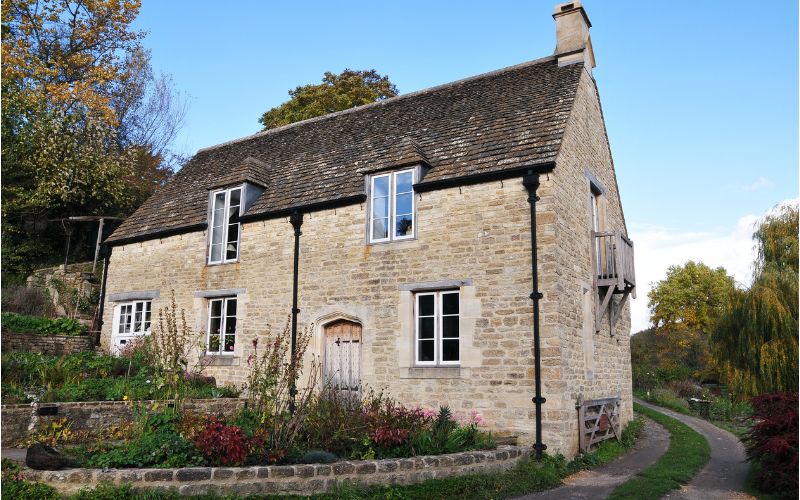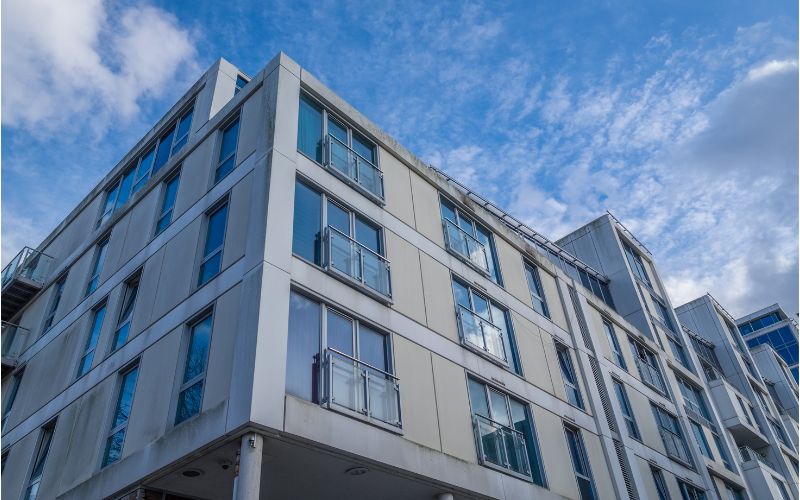Changes to Building Regulations took effect in England on June 15th as part of the Government's plans to achieve net-zero greenhouse gas emissions by 2050.
Why are the changes being made?
Heating and powering buildings currently account for 40% of the UK’s total energy
usage.
Over the last few years, the Government has been consulting with the industry on changes that seek to improve energy efficiency and move towards cleaner sources of heat, reduce carbon emissions, and energy costs.
The latest Building Regulation amendments present an interim roadmap to help prepare the industry ahead of its roll-out of the 2025 Future Homes Standard and Future Buildings Standard.
What do the changes mean?
The latest amendments seek to achieve a reduction of carbon emissions across new homes, commercial buildings, and existing homes. This includes:
- New homes: 30% reduction of carbon in new builds compared to previous levels
- Commercial buildings: 27% reduction of carbon emissions in commercial (non-domestic) buildings including offices and shops compared to previous levels
- New homes: Adoption of Fabric Energy Efficiency Standard (FEES)
- New homes: All new and replacement heating systems will have to be designed with a maximum flow temperature of 55°C or lower
How do the changes affect you?
From updated guidance on ventilation, and requirements for improved water and heating systems, to new minimum efficiency standards and the introduction of a new Fabric Energy Efficiency Standard, the changes will affect everyone involved with construction. Whether you're a manufacturer of windows and doors, a lender providing funds on a new site, a developer seeking planning, a builder, or contractor, and all building owners will require full understanding to ensure compliance.
The changes are mainly aimed at new commercial (non-domestic) buildings but also include policies for existing non-domestic buildings and new and existing housing. Non-domestic buildings are primarily commercial but also include schools, hospitals, and town halls.
Under section 6 of the Building Act 1984 this includes amendments of Approved Document F (Ventilation), volume2; Approved Document L (Conservation of Fuel and Power) volumes 1 and 2, Approved Document O (Overheating), and Approved Document S (Infrastructure for Charging Electric Vehicles).
Approved Documents F (volume 2), L (volumes 1 and 2), and O came into effect on 15 June 2022 but they will not apply in relation to building work on a particular building, where an initial notice has been registered, in respect of that building, before 15th June 2022, provided that the building work on that building is started before 15th June 2023.
Also note that: 'In some cases, applications will be in respect of a number of buildings on a site, for example, a number of houses. In such cases, it is only those individual buildings for which work is commenced which can take advantage of the transitional provisions.'
An outline of the Approved changes can be read here.
Next steps
Whether you are planning to build, convert, renovate or lend to those who are - you'll need to ensure plans are well-scoped in line with the latest Building Regulations.
Your architect should be well versed with the latest changes and advise from the outset. We also recommend engaging with a building regulations specialist early on to ensure planning and construction drawings are compliant.
Our team of project managers and independent monitoring surveyors work closely with lenders and developers to ensure projects are well managed and run on-time and to schedule.
Read more about our project management services and independent monitoring surveying services.
Disclaimer: Please note this article is for guidance purposes only and does not constitute legal advice.




